Handling tips for assured safety
When working with poultry and eggs it is essential to employ proper handling techniques to safeguard yourself from foodborne illness.
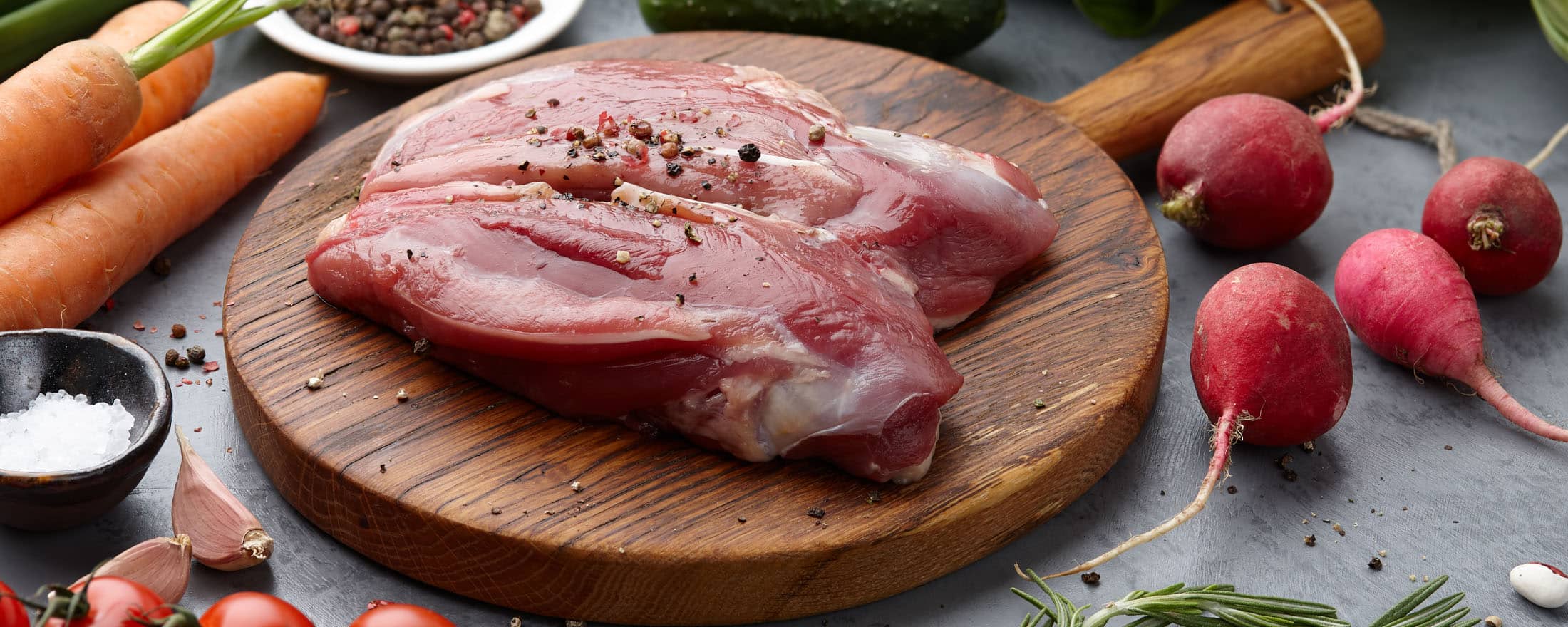
Chicken
To prevent cross-contamination in the grocery cart or in the refrigerator, always place chicken in plastic bags to keep juices from leaking or dripping onto other food items.

Storage
Refrigerate the chicken immediately to maintain its quality. Don’t leave it in the refrigerator longer than two days.
Hygiene
Wash countertops and cutting boards after the chicken has been handled and prepared.
Defrost
Always thaw chicken in the refrigerator, microwave or in cold water, never thaw it on the counter. Do not freeze chicken once it has been cooked or thawed.
Temperature
Recommended cooking temperature for whole carcass chicken with the bone is 180°F, for parts with bone, 170°F, and 160°F for boneless parts.
Storage
Refrigerate duck immediately and use within 1-2 days, otherwise freezing is the most effective means for preservation.
Hygiene
Duck processing safety practices include maintaining carefully sanitized utensils and equipment in addition to employees' hygiene.
Defrost
Duck can be defrosted in refrigerator, microwave, or cold water. The defrosting process takes anywhere from 2-6 hours, depending on the size of the duck.
Temperature
The USDA recommends cooking whole poultry to 180°F as measured in the thigh using a food thermometer. When cooking pieces, the breast should reach 170°F. Drumsticks, thighs, and wings should reach 180°F.
Duck
To prevent cross-contamination in the grocery cart or in the refrigerator, always place chicken in plastic bags to keep juices from leaking or dripping onto other food items.

Turkey
Turkey should be dressed and gutted as soon as possible after the purchase. Do not stuff them before freezing. During freezing or thawing times, bacteria that cause foodborne illness could easily grow in the stuffing.

Storage
It is safe to put raw turkey in the freezer, only if it has not thawed out. To store leftover turkey, cut all meat from the bone and remove the stuffing within two hours of cooking.
Marination
Most consumers marinate turkey with an injector, however, it is better to poke the turkey with a fork to make holes, pour marinade on the turkey in a plastic bag and let it sit overnight in the refrigerator
Defrost
Turkey should only be defrosted in either refrigerator, cold water, or microwave. It takes around 24 hours for 4-5 pounds of turkey to thaw.
Temperature
Recommended internal temperatures for cooked breast is 170°F, the thigh is 180°F, and stuffing is 160°F.
Storage
Discard eggs that are unclean, cracked, broken or leaking. Always keep the eggs clean.
Hygiene
Make sure you and your family members use good hygiene practices, including properly washing your hands.
Cooking
It’s best to cook eggs slowly over a gentle heat for a high-quality finished dish and to help ensure even heat penetration.
Temperature
For eggs, the white will coagulate (set) between 144 and 149°F, the yolk between 149 and 158°F, and the whole egg between 144 and 158°F.
Egg
Cooking time and temperature depends on what kind of meal you want to prepare with your eggs. Please refer to the egg doneness guidelines below for more information.

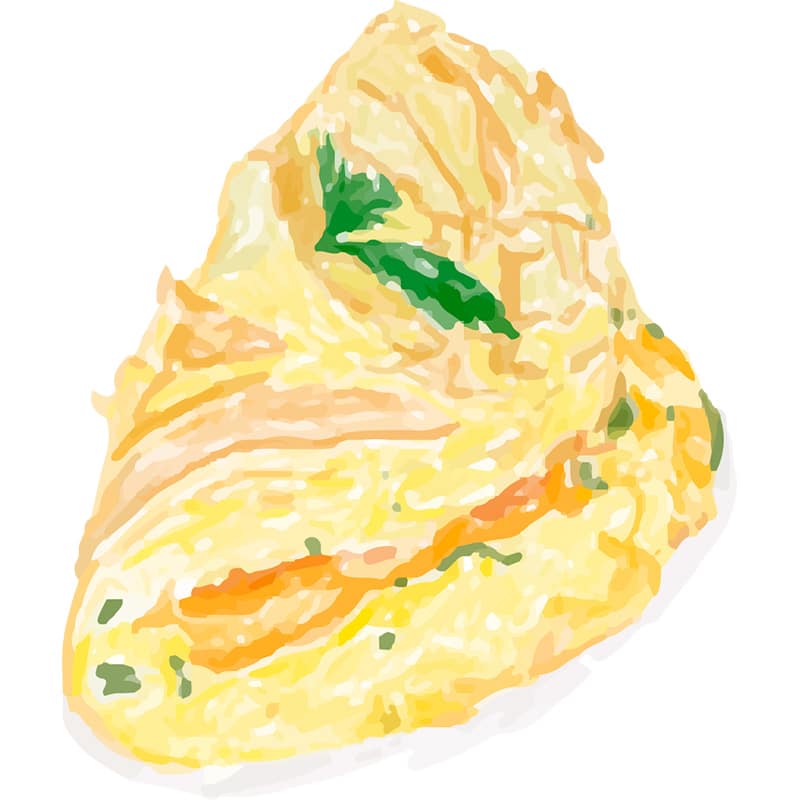
Scrambled Eggs, Omelets and Frittatas
Cook until the eggs are thickened and no visible liquid egg remains.

Soft-cooked Eggs
Bring eggs and water to a full, rolling boil. Turn off the heat, cover the pan and let the eggs sit in the hot water for about 4 to 5 minutes.

Poached Eggs
Cook in gently simmering water until the whites are completely set and the yolks begin to thicken but are not hard, about 3 to 5 minutes. Avoid precooking and reheating poached eggs.

Fried Eggs
To cook both sides, either cook slowly or baste the eggs. Cover the pan with a lid or turn the eggs. Cook until the whites are completely set and the yolks begin to thicken but are not hard.
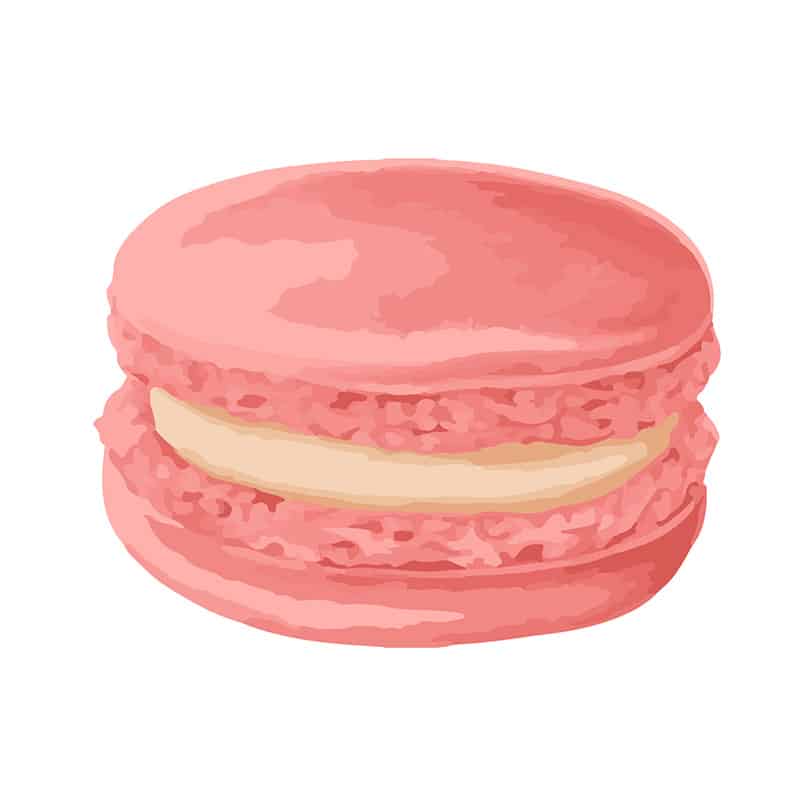
Soft (Pie) Meringue
Bake a 3-egg white meringue spread on a hot, fully cooked pie filling in a preheated 350°F oven until the meringue reaches 160°F. For meringues using more whites, bake at 325°F (or a lower temperature) until a thermometer registers 160°F. The more egg whites, the lower the temperature and the longer the time needed to cook without excessive browning. Refrigerate meringue-topped pies until serving.
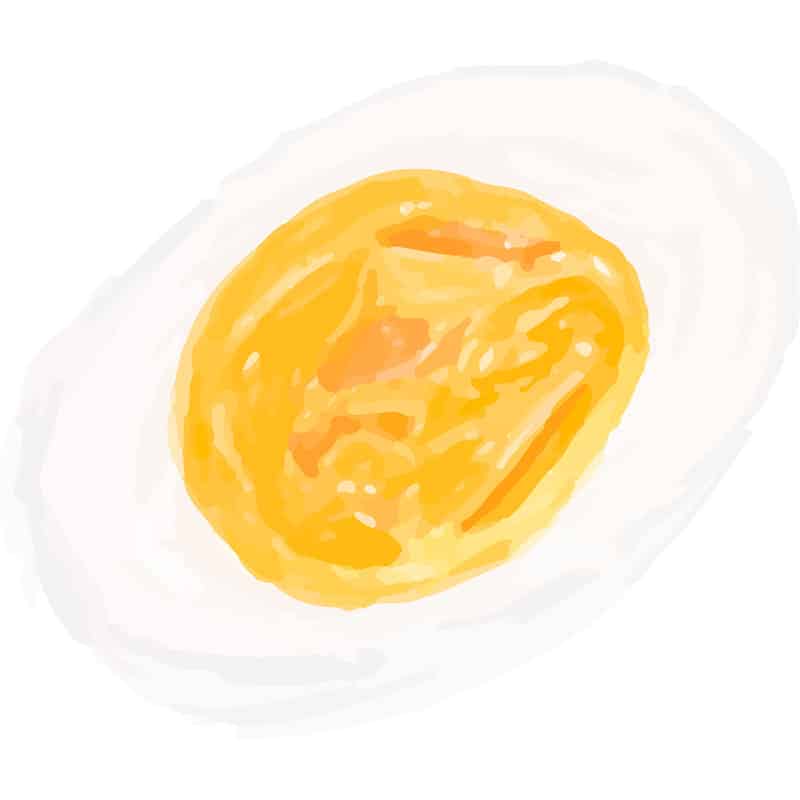
Hard-cooked Eggs
Salmonella is destroyed when hard-cooked eggs are properly prepared. Hard-cooked eggs can spoil more quickly than raw eggs. After cooking, cool hard-cooked eggs quickly under running cold water or in ice water. Avoid allowing eggs to stand in stagnant water. Refrigerate hard-cooked eggs in their shells promptly after cooling and use them within 1 week.
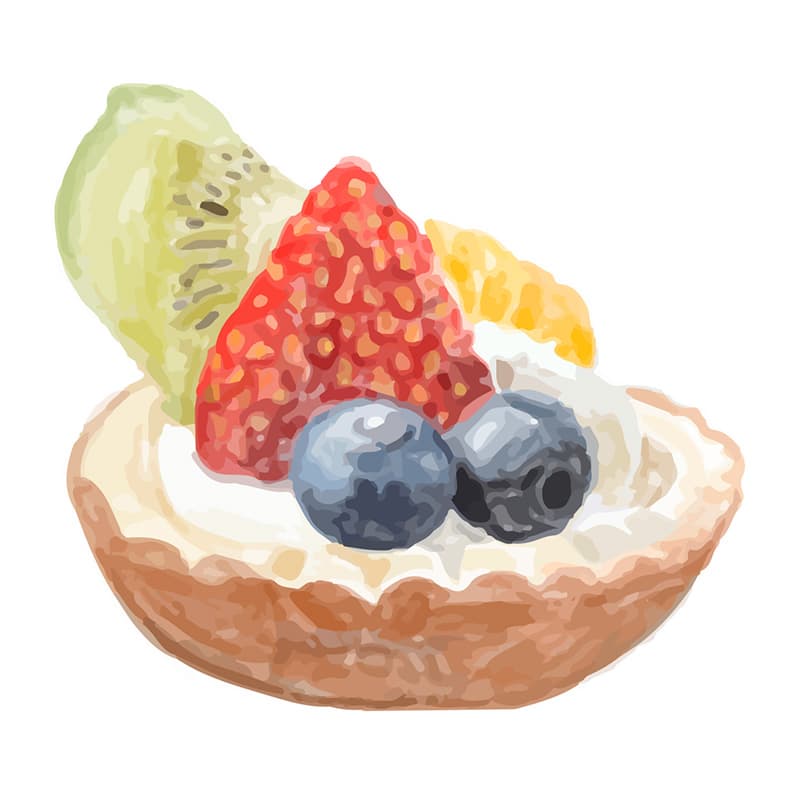
French Toast, Crab & Other Fish Cakes, Baked Goods & casserole
Cook or bake until a thermometer inserted at the centre shows 160°F or a knife inserted near the centre comes out clean. Also, use a thermometer to help guard against uneven cooking due to hot spots and inadequate cooking due to varying oven temperatures.

Soft (Stirred) Custards, Cream Pie, Eggnog and Ice Cream Bases
Cook until thick enough to coat a metal spoon with a thin film and a thermometer shows 160°F or higher. After cooking, cool quickly by setting the pan in ice or cold water and stirring for a few minutes. Cover and refrigerate to chill thoroughly, for at least 1 hour.
